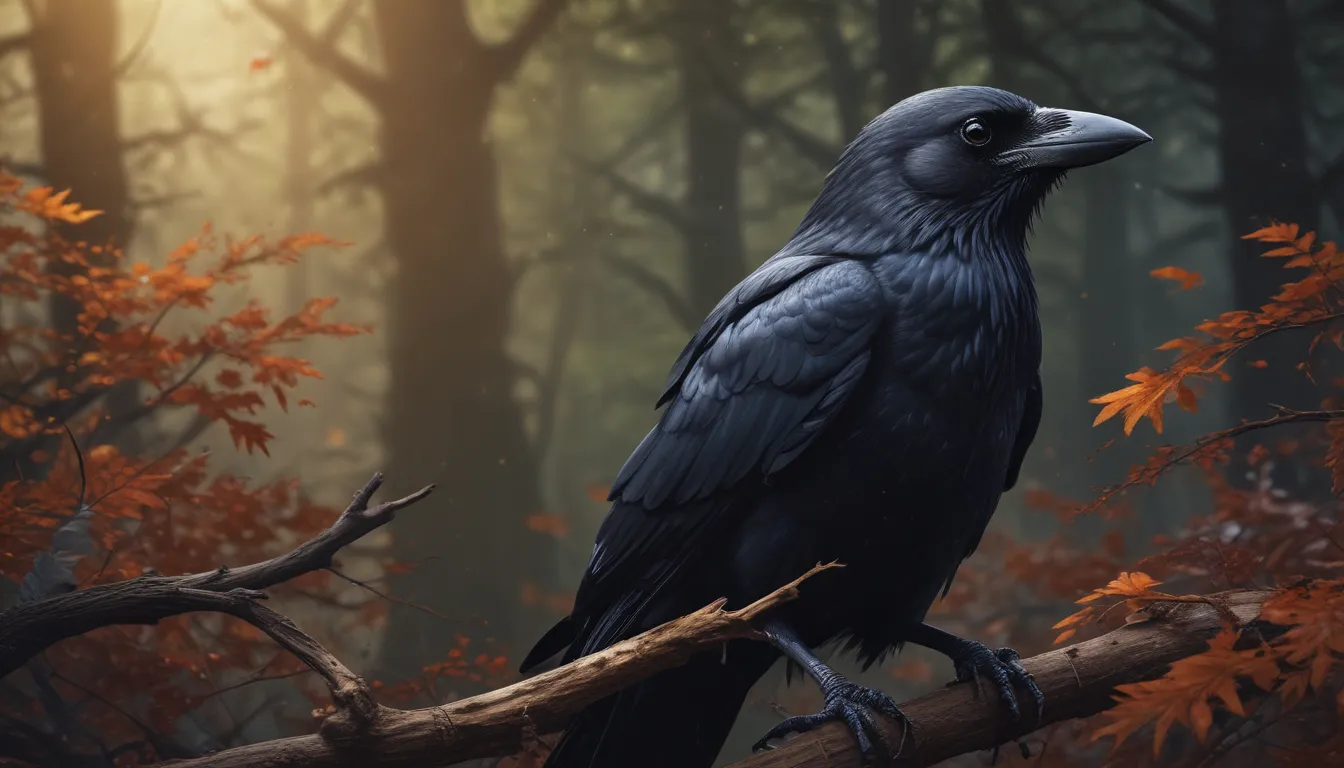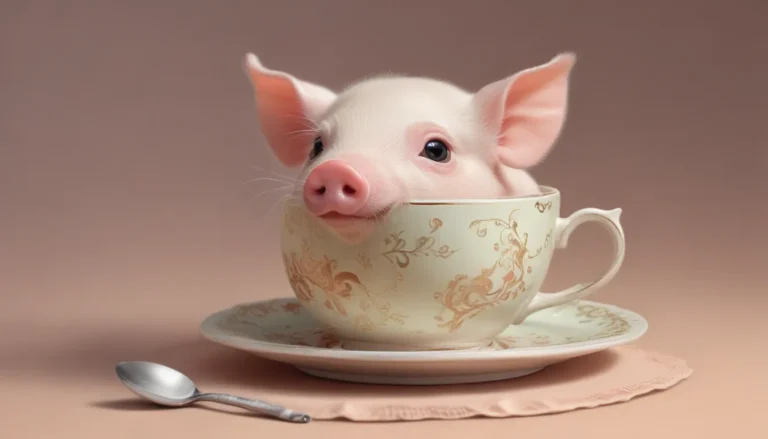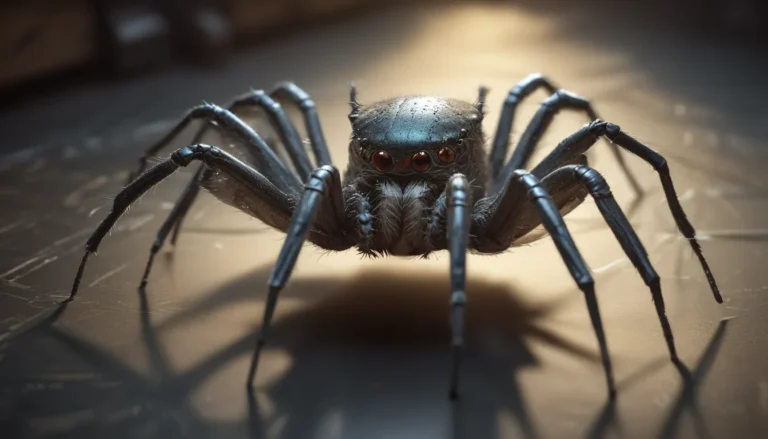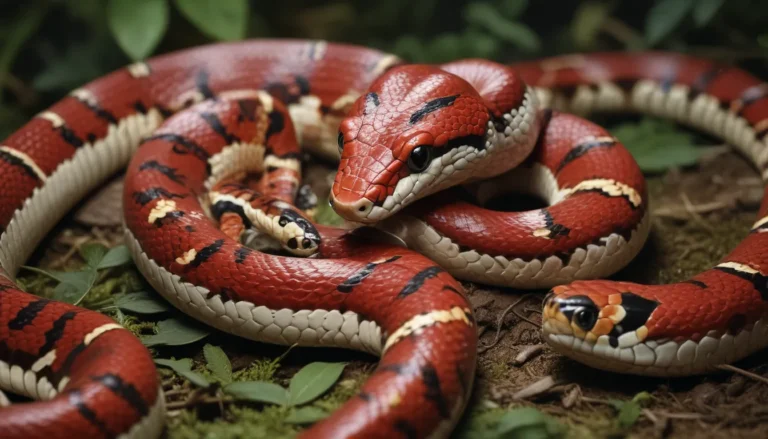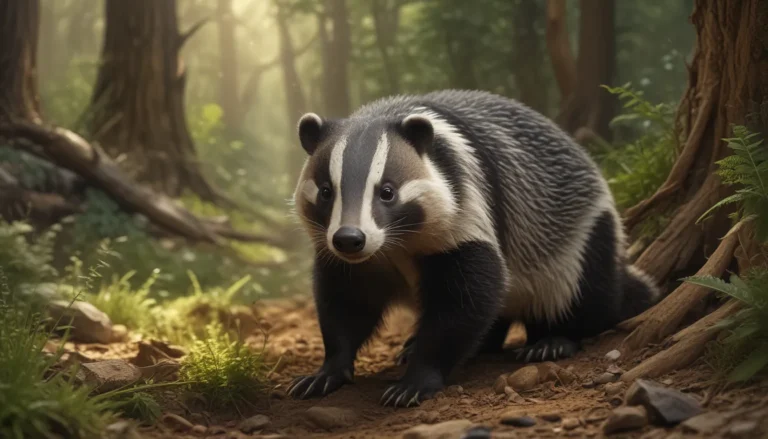The pictures we use in our articles might not show exactly what the words say. We choose these pictures to make you interested in reading more. The pictures work together with the words but don’t take their place. The words still tell you the important facts.
Crows, with their distinct black plumage and raucous calls, have captivated human interest for centuries. These highly intelligent birds belonging to the Corvidae family are often associated with spooky settings and superstitions. However, beyond these misconceptions, crows play a vital role in ecosystems and possess a plethora of interesting characteristics that make them truly fascinating creatures.
Key Takeaways:
- Crows are incredibly smart and adaptable birds that exhibit problem-solving abilities, mimic sounds, and form lifelong bonds with their mates. They have a diverse diet and are known for their mischievous behavior. Plus, they have a unique social structure, especially in their large groups called "murders."
Delving into the Intelligence of Crows
Crows are renowned for their high level of intelligence, showcasing remarkable problem-solving skills and the ability to use tools to obtain food. They possess an excellent memory, being capable of recognizing human faces and differentiating between individuals. These cognitive abilities contribute to their adaptability in various environments.
The Social Nature of Crows
Crows are social creatures that form large social groups known as "murders." They communicate with each other using a complex system of calls and body language, demonstrating intricate social interactions within their communities. Additionally, these birds are well-versed in protecting their territory and cooperating to ensure their survival.
Exploring the Versatility of Crows
Despite their often ominous portrayal in various cultures, crows are found all over the world, inhabiting urban, suburban, and rural areas. Their adaptability allows them to thrive in diverse environments, coexisting successfully with humans and other animals. Crows have even been observed using tools to access food sources, highlighting their exceptional problem-solving abilities.
The Enigmatic Behaviors of Crows
Apart from their intelligence and social skills, crows exhibit intriguing behaviors that add to their mystique. These omnivorous birds have a diverse diet, feeding on insects, small animals, fruits, nuts, and scavenged remains. They are also talented mimicry artists, capable of replicating sounds like human speech and other bird calls. Crows are known for their mischievous tendencies, engaging in playful activities and even displaying a penchant for shiny objects.
Navigating the Cultural Significance of Crows
In certain cultures, crows are closely associated with death and are often viewed as omens or messengers of the spirit world. Despite these superstitions, crows have been featured prominently in folklore and mythology, symbolizing various traits and beliefs across different cultural narratives.
Appreciating the Remarkable Avian Qualities
From their unique flying style, characterized by agility and acrobatic feats, to their monogamous behavior, where pairs form lifelong bonds, crows exhibit a range of captivating qualities that set them apart from other bird species. Additionally, their vocal prowess, comprising a diverse range of calls with specific meanings, adds to the complexity of their social interactions.
Understanding the Lifespan and Ecological Role of Crows
Crows have an average lifespan of around 7 to 8 years in the wild, with some captive individuals exceeding two decades. While they may sometimes be perceived as pests due to their scavenging habits, crows play a crucial ecological role in controlling populations of pests and scavengers, contributing to environmental cleanliness.
Embracing the Enduring Fascination with Crows
With their remarkable abilities, intriguing behaviors, and rich cultural significance, crows continue to captivate the fascination of humans across the globe. Whether observing their playful antics or marveling at their problem-solving skills, these intelligent birds never cease to impress with their adaptability and complexity.
Conclusion
In conclusion, crows stand out as extraordinary creatures that embody intelligence, adaptability, and social complexity. Their multifaceted nature, from their cognitive prowess to their cultural symbolism, makes them an object of curiosity and admiration. By appreciating and learning more about these fascinating birds, we can gain a deeper understanding of the diverse wonders of the animal kingdom.
FAQs
Q: Are crows considered intelligent animals?
A: Yes, crows are widely recognized for their high level of intelligence, displaying problem-solving skills and tool usage.
Q: Do crows have a complex social structure?
A: Yes, crows exhibit a complex social structure within their "murder" groups, emphasizing communication and cooperation.
Q: Can crows recognize human faces?
A: Yes, studies show that crows can differentiate between individual human faces, showcasing their memory and cognitive abilities.
Q: Do crows mimic human speech?
A: While crows cannot produce human speech, they can mimic certain sounds and even imitate words with training.
Q: What is the average lifespan of crows?
A: Crows typically live around 7 to 8 years in the wild, with some captive individuals exceeding two decades.
Q: Are crows considered pests?
A: While crows may sometimes cause inconvenience, they also provide ecological benefits by aiding in pest control and environmental cleanup.
The enduring allure of crows lies in their intelligence, adaptability, and captivating behaviors. By delving into the multifaceted world of these remarkable birds, we can gain a deeper appreciation for the wonders of nature that surround us. Next time you encounter a crow perched on a branch or soaring overhead, take a moment to marvel at the remarkable qualities that define these extraordinary avian beings.
